Deliver effective care to patients with cerebral palsy this nursing care plan and management guide. Gain insights into nursing assessment, interventions, goals, and diagnosis customized for their specific needs. Enhance your ability to provide specialized care for cerebral palsy.
What is Cerebral Palsy?
Cerebral Palsy refers to a group of neurological disorders that affect body movement, balance, and posture. In many cases, speech, vision difficulties, seizures, or cognitive problems are also affected. It is caused by abnormal development or damage to a part of the brain that controls movement. It usually appears early in life, usually in infancy or early childhood.
Symptoms of a child with cerebral palsy vary from one person to person and may include: delays in reaching developmental milestones, weakness in one or more arms or legs, lack of muscle coordination when performing voluntary movements (ataxia), muscle spasms, muscle tone that either are too stiff or too floppy, fidgety, jerky or clumsy movements, walking on tip-toes, or excessive drooling or difficulties swallowing or speaking.
There is no known cure for the condition, but supportive treatments, therapy, medications, and surgery are facilitated to improve the life of the child.
Nursing Care Plans and Management
Nursing care planning goals for a patient with cerebral palsy may include improving mobility and independence, optimizing nutrition and growth, promoting effective communication, preventing complications and injuries, and providing support and education to the patient and their caregivers. Other goals may include facilitating developmental progress and addressing any psychosocial and emotional needs related to the patient’s condition.
Nursing Problem Priorities
The following are the nursing priorities for patients with cerebral palsy:
- Provide supportive care and manage complications.
- Collaborate with interdisciplinary teams.
- Educate patients, families, and caregivers.
- Coordinate therapies and interventions.
- Monitor growth and development.
- Advocate for accessibility and inclusion.
Nursing Assessment
Assess for the following subjective and objective data:
- See nursing assessment cues under Nursing Interventions and Actions.
Nursing Diagnosis
Following a thorough assessment, a nursing diagnosis is formulated to specifically address the challenges associated with cerebral palsy based on the nurse’s clinical judgement and understanding of the patient’s unique health condition. While nursing diagnoses serve as a framework for organizing care, their usefulness may vary in different clinical situations. In real-life clinical settings, it is important to note that the use of specific nursing diagnostic labels may not be as prominent or commonly utilized as other components of the care plan. It is ultimately the nurse’s clinical expertise and judgment that shape the care plan to meet the unique needs of each patient, prioritizing their health concerns and priorities.
Nursing Goals
Goals and expected outcomes may include:
- The child/infant will achieve maximum movement ability and absence of contractures.
- The child/infant takes an adequate amount of calories or nutrients needed for normal growth.
- The child will verbally make essential needs known to healthcare providers and family members.
- Family will adapt to growth and development needs of a child with cerebral palsy.
- The child will be protected and free from injury.
- The child will receive environmental stimulation; express interest in people and activities around him/her; attend a school setting that is as free of restrictions as possible.
- The child will safely perform self-care activities to the utmost capability.
Nursing Interventions and Actions
Therapeutic interventions and nursing actions for patients with cerebral palsy may include:
1. Promoting Physical Mobility and Preventing Contractures
Impairment in physical mobility in cerebral palsy patients is due to damage to the areas of the brain responsible for controlling motor function, muscle tone, and coordination. This damage results in difficulty with voluntary movements and can cause stiffness or spasticity in the muscles, making it challenging to move around.
Assess the type of auditory, visual, motor, or intellectual deficit.
Knowing the type of deficit will aid in planning interventions appropriate for the child.
Do a developmental assessment and note the development of milestones (such as standing with help, or walking when led).
A client with cerebral palsy usually has delayed developmental milestones.
If one skill is attained, interventions are changed in order to achieve
the succeeding one.
Facilitate activities in using fine and gross motor skills (such as giving a ball on hand to encourage throwing, or holding a spoon)
Most of the activities of daily living and play exercises hasten physical development.
Allow the child to perform activities or care routines at his or her own pace.
A child may have difficulty completing tasks in time compared to normal children.
Encourage the child to rest between activities that are tiring.
Given the limitations of the child’s ability, rest periods are given to maintain energy.
Perform range-of-motion exercises every 4 hours for the child unable to move body parts.
Children with cerebral palsy have a decreased range of motion (ROM) due to limited mobility and the presence of spasticity. ROM exercises promote movement and minimize the risk of contractures.
Educate the family on how to use an orthotic device as indicated.
Orthotic devices help build stability while increasing strength, balance, comfort, and independence.
2. Providing Adequate Nutrition for Normal Growth
Difficulties with ingesting food properly, such as issues with chewing and swallowing, can contribute to inadequate intake of nutrients and lead to malnutrition.
Monitor and record height and weight.
These anthropomorphic assessments are vital and they need to be accurate. These will be used as a basis for caloric and nutrient requirements.
Assess the infant’s sucking and swallowing ability.
Infants with cerebral palsy often suck poorly due to the uncoordinated movements of the lips, tongue, and jaw, and tongue thrusting makes them push food out of their mouth.
Offer small frequent meals throughout the day.
Adequate time is required between meals to allow for natural swallowing.
Position the child upright during feedings.
Aspiration pneumonia is a risk for a child with poor swallowing.
Use soft and blended foods.
Foods can be softened by combining it with milk, juice, or broth to avoid aspiration. Liquids can be thickened to facilitate safety and ease in swallowing.
Encourage adequate fluid intake and high-fiber foods such as wholegrain cereals, fruit, and vegetables.
High fiber diet and increase fluid intake avoid constipation.
Offer high protein supplements based on individual needs and capabilities.
Such supplements can be used to increase calories and protein without conflict with voluntary food intake.
Teach the family about proper enteral tube feeding as appropriate.
Enteral tube feeding is indicated in children with CP who are unable to meet their nutritional requirements orally.
3. Promoting Effective Communication
Communication difficulties in patients with cerebral palsy can be related to neurologic impairments that affect the areas of the brain responsible for speech and language. This can result in difficulty with articulation, pronunciation, and word formation, making it challenging to communicate effectively. Other factors, such as muscle weakness in the face and mouth, can also contribute to impaired verbal communication.
Learn patient needs and pay attention to nonverbal cues.
The nurse should set aside enough time to attend to all of the details of patient care. Care measures may take longer to complete in the presence of a communication deficit.
Maintain a calm, unhurried manner. Provide ample time for the child to respond.
Hurrying up the child’s speech will make it less clear and communication will be impaired.
Keep distractions such as television and radio at a minimum when talking to the child.
Removing such distractions maintain the focus of the child, and decreases stimuli going to the brain for interpretation.
Provide an alternative means of communication.
Alternative forms such as flashcards, whiteboards, hand signs, or a picture board allow the client to express oneself if speaking is difficult to obtain.
Involve family and significant others in the plan of care as much as possible.
Enhances participation and commitment to the plan.
Coordinate the child with a speech therapist as indicated.
A speech therapist helps the child with cerebral palsy in learning how to speak slowly and how to coordinate their lips and tongue to form speech sounds.
4. Promoting Adherence to Therapeutic Management
Assess the coping ability of the family.
This will determine how much support and guidance the family may need.
Evaluate the child’s various progress and commend the family for the care provided during the home visits.
The child’s progress is a positive reinforcement of the family’s efforts in handling the situation.
Encourage the parent to express the impact of their child’s condition on the family.
Helps the parents to vent their feelings/concerns.
Educate the family on different skills needed to manage the child’s care (such as physical rehabilitation, proper nutrition, medication administration, ROM exercises, seizure management).
Complex skills must be learned before they can be performed with competence.
Involve siblings in the care of the child with cerebral palsy.
Siblings of the child with cerebral palsy may feel neglected because of
the care provided. Special efforts contribute to meeting the
developmental needs of all family members.
Provide referral to other parents and support groups.
These support groups will enable the family to learn and integrate their experience into their own.
Explore community services for rehabilitation, respite care,
childcare, and other needs and refer family as appropriate.
Diverse services are available and will be needed due to the multiple
impacts of cerebral palsy on the child.
5. Preventing Injuries
Assess the level of consciousness.
Decrease alertness, arousal, an eye-opening, or verbal response may indicate deteriorating neurological status hence a seizure will likely happen.
Explain to the parents on different stimuli that can trigger a seizure activity.
Bright flashing lights, lack of sleep, and lengthy exposure to television or computer games may precipitate seizure activity.
Provide a safe environment for the child by wearing protective gear (helmet, kneepads) if needed.
The use of helmets and knee pads may provide added protection for individuals during seizure activity.
Assist the child in performing ADL.
Decreases the occurrence of injuries that can worsen the child’s condition.
Institute seizure precautions such as keeping padded side rails up with the bed in its lowest position.
Decreases the incidence of falls should a seizure happen while the child is in bed.
Administer benzodiazepines (e.g., Diazepam [Valium]) as prescribed.
Benzodiazepines are commonly used in treating cerebral palsy that acts as anticonvulsants, muscle relaxants, and anti-anxiety drugs.
Coordinate with a physical therapist for strengthening exercises and gait training as appropriate.
Proper gait training in physical therapy has been shown to prevent falls.
6. Preventing Growth and Developmental Delays
Reassess developmental levels at intervals appropriate for illness or other problems (specify).
Provides evidence of progress to evaluate the care plan to improve any deficit in growth and development.
Explore the family’s feelings regarding the child’s health condition and required treatments.
Encourages an attitude of acceptance and adjustment to the child’s abilities and health status.
Provide positive encouragement to a child while doing his/her activities.
As children learn how to perform activities themselves, it can promote a feeling of self-worth.
Encourage age-related play and other activities that strengthen gross and fine motor development, and sensory and cognitive development such as letting the child put green balls on the left basket and red balls on the right.
These activities enhance growth and development and provide needed stimulation for the child.
Choose appropriate toys that match an individual child’s skills to play with.
Choose a toy that is easy to grasp since some children with cerebral palsy have difficulty in gripping.
Initiate referral to occupational therapy as appropriate.
Occupational therapy improves the physical, cognitive, and social abilities, motor skills, and posture of a child with cerebral palsy.
Encourage the parent to enroll the child in a school program.
A school program that is consistent with the child’s intellectual abilities is necessary to provide needed outside exposure.
7. Teaching Self-Care
Assess the patient’s current abilities and limitations related to activities of daily living, such as feeding, grooming, dressing, and toileting.
To assess their functional status and identify areas where they may need assistance or adaptive equipment.
Feeding:
Patients with CP may have difficulty with feeding due to problems with chewing, swallowing, or controlling their head and neck muscles. They may require assistance with feeding or special equipment to help them eat, such as a feeding tube or a specialized spoon or cup.
Grooming:
Patients with CP may have difficulty with grooming activities such as brushing their teeth or hair, washing their own faces, or using the bathroom. They may require assistance with these activities or adaptive equipment such as a long-handled brush or a shower chair.
Dressing:
Patients with CP may have difficulty with dressing due to problems with fine motor skills or mobility. They may require assistance with dressing or adaptive clothing such as Velcro shoes or pants with elastic waistbands.
Toileting:
Patients with CP may have difficulty with toileting due to problems with bowel or bladder control or mobility. They may require assistance with toileting or adaptive equipment such as a commode chair or a catheter.
Assist the child to learn self-care measures (e.g., eating, toothbrushing, toileting, bathing, and dressing).
Learning these self-care skills will enable the client to gain self-esteem from accomplishing them.
Advise the parents to supervise the child during bathing.
Due to the lack of muscle coordination, the child is at risk of slipping underwater and drowning.
Provide modification techniques and self-care activities such as putting straps on their feeding utensil or toothbrush.
These straps allow the child to securely hold them and have ease in utilizing them.
Use energy-conservation techniques.
Decreases fatigue, and improves the child’s capability to execute tasks.
Encourage parents to increase the child’s intake of high-roughage foods such as whole grain foods, vegetables, and fruits.
These food items aid in bowel evacuation and prevent constipation.
Encourage the parent to provide adequate time for the child to finish self-care activities.
Letting the child completely finish self-care measures will give them confidence and a feeling of self-worth.
8. Administer Medications and Provide Pharmacologic Support
Anticholinergics (e.g., Benztropine mesylate)
These medications are used to treat uncontrolled body movements such as tremors, muscle stiffness, and spasms.
Muscle relaxants (e.g., Baclofen [Lioresal])
These medications are used to relax contracted, overactive, or stiff muscles.
Anticonvulsants (e.g., Gabapentin [Neurontin])
These medications are given to reduce or prevent seizure activity.
Assist the parents in referring the child to a rehabilitation therapist as appropriate.
A rehabilitation therapist can provide specialized services in promoting effective mobility.
Recommended Resources
Recommended nursing diagnosis and nursing care plan books and resources.
Disclosure: Included below are affiliate links from Amazon at no additional cost from you. We may earn a small commission from your purchase. For more information, check out our privacy policy.
Ackley and Ladwig’s Nursing Diagnosis Handbook: An Evidence-Based Guide to Planning Care
We love this book because of its evidence-based approach to nursing interventions. This care plan handbook uses an easy, three-step system to guide you through client assessment, nursing diagnosis, and care planning. Includes step-by-step instructions showing how to implement care and evaluate outcomes, and help you build skills in diagnostic reasoning and critical thinking.
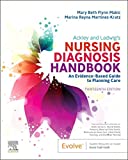
Nursing Care Plans – Nursing Diagnosis & Intervention (10th Edition)
Includes over two hundred care plans that reflect the most recent evidence-based guidelines. New to this edition are ICNP diagnoses, care plans on LGBTQ health issues, and on electrolytes and acid-base balance.
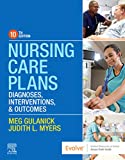
Nurse’s Pocket Guide: Diagnoses, Prioritized Interventions, and Rationales
Quick-reference tool includes all you need to identify the correct diagnoses for efficient patient care planning. The sixteenth edition includes the most recent nursing diagnoses and interventions and an alphabetized listing of nursing diagnoses covering more than 400 disorders.

Nursing Diagnosis Manual: Planning, Individualizing, and Documenting Client Care
Identify interventions to plan, individualize, and document care for more than 800 diseases and disorders. Only in the Nursing Diagnosis Manual will you find for each diagnosis subjectively and objectively – sample clinical applications, prioritized action/interventions with rationales – a documentation section, and much more!
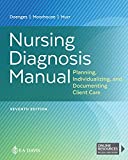
All-in-One Nursing Care Planning Resource – E-Book: Medical-Surgical, Pediatric, Maternity, and Psychiatric-Mental Health
Includes over 100 care plans for medical-surgical, maternity/OB, pediatrics, and psychiatric and mental health. Interprofessional “patient problems” focus familiarizes you with how to speak to patients.
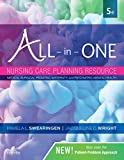
See also
Other recommended site resources for this nursing care plan:
- Nursing Care Plans (NCP): Ultimate Guide and Database MUST READ!
Over 150+ nursing care plans for different diseases and conditions. Includes our easy-to-follow guide on how to create nursing care plans from scratch. - Nursing Diagnosis Guide and List: All You Need to Know to Master Diagnosing
Our comprehensive guide on how to create and write diagnostic labels. Includes detailed nursing care plan guides for common nursing diagnostic labels.
Other nursing care plans related to neurological disorders:
- Alzheimer’s Disease | 15 Care Plans
- Brain Tumor | 3 Care Plans
- Cerebral Palsy | 7 Care Plans
- Cerebrovascular Accident | 12 Care Plans
- Guillain-Barre Syndrome | 6 Care Plans
- Meningitis | 7 Care Plans
- Multiple Sclerosis | 9 Care Plans
- Parkinson’s Disease | 9 Care Plans
- Seizure Disorder | 4 Care Plans
- Spinal Cord Injury | 12 Care Plans



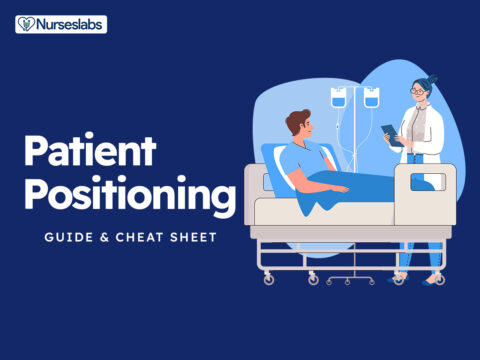
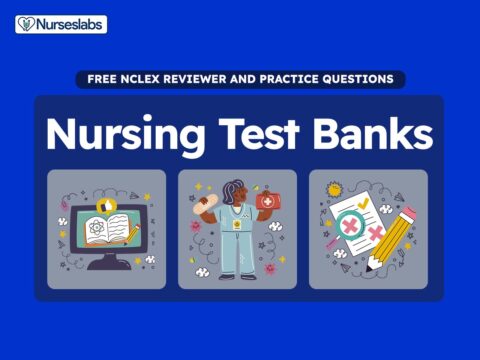
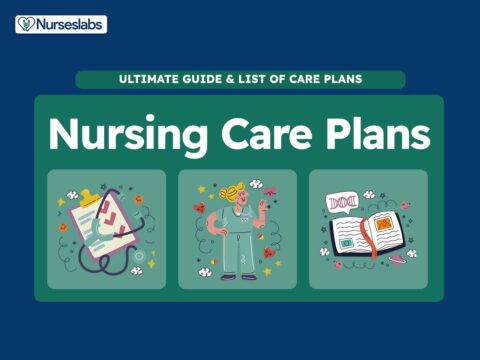
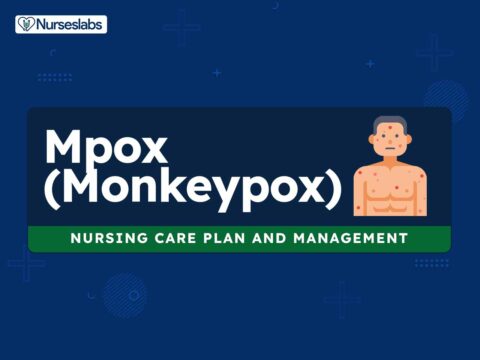


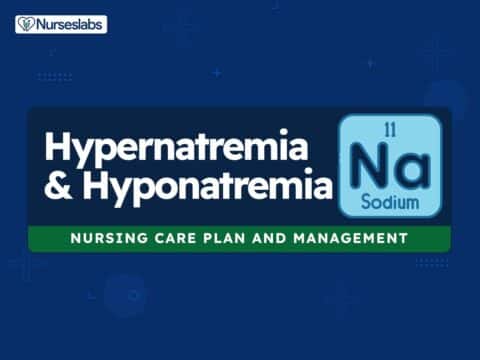


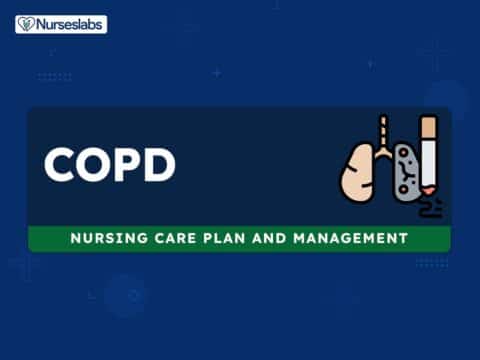
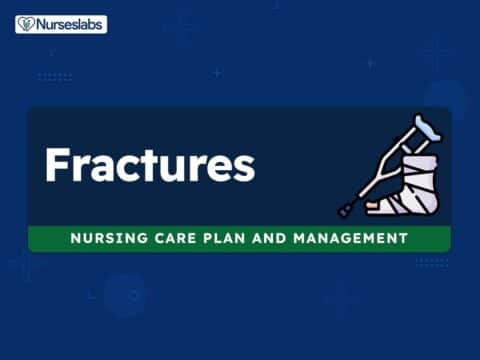
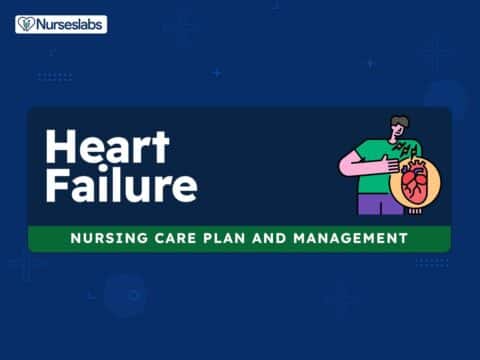
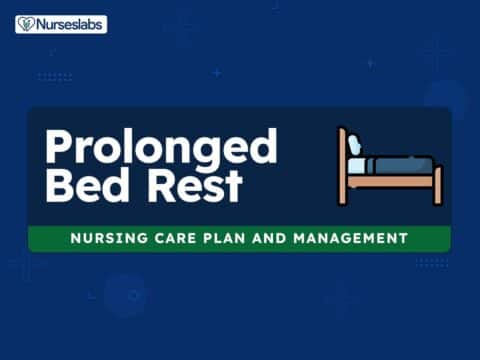
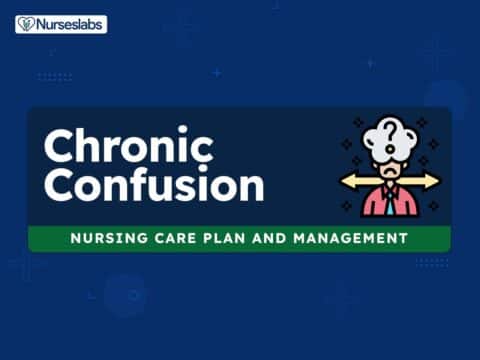
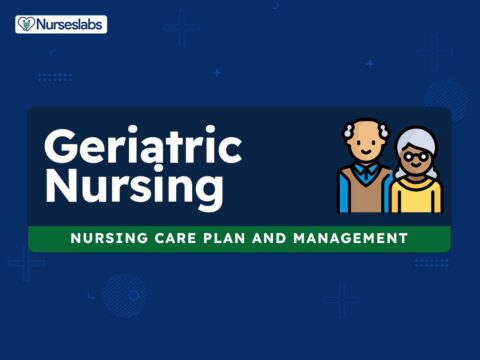
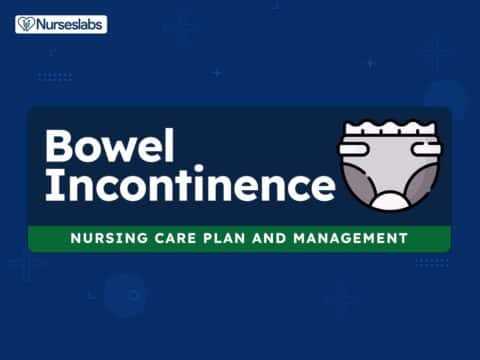
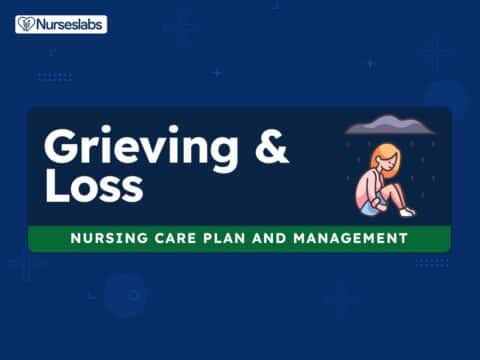
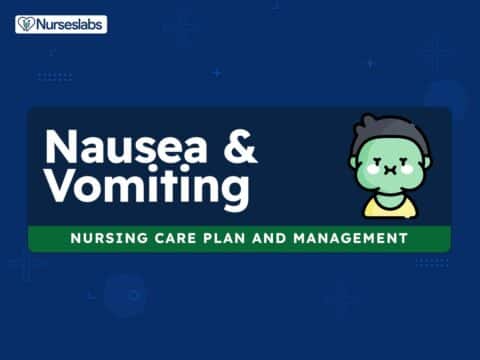
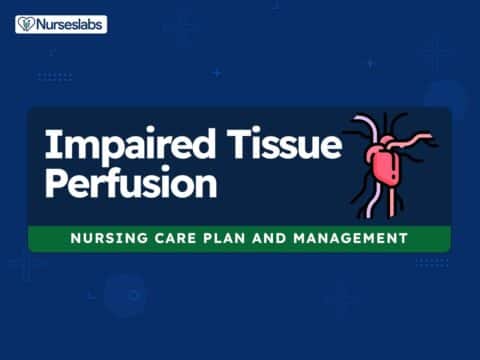

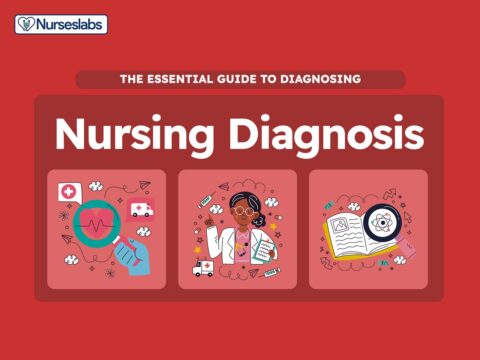
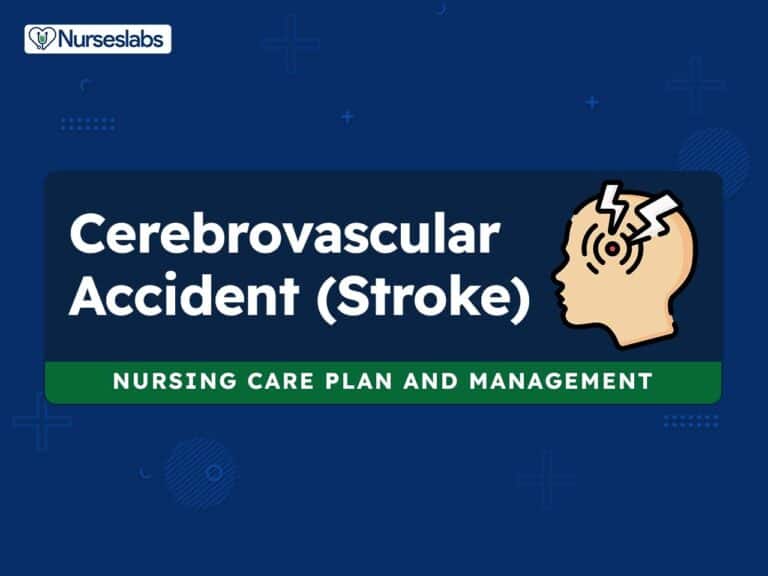
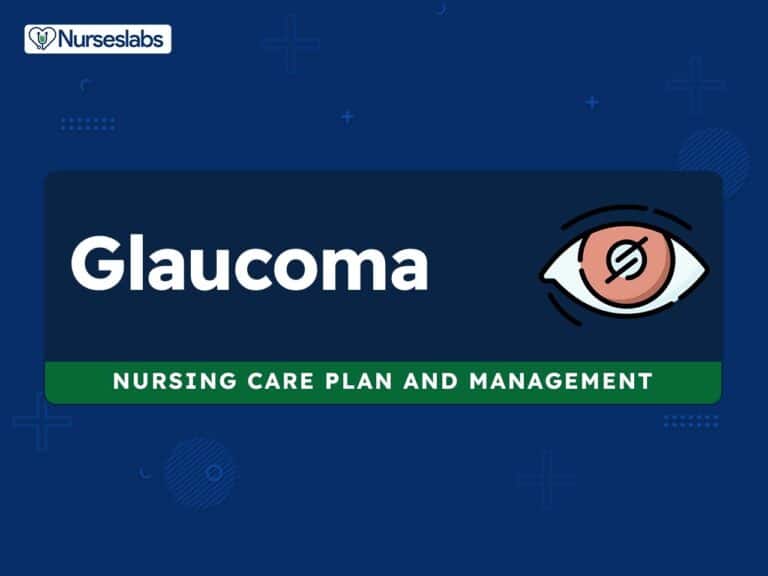
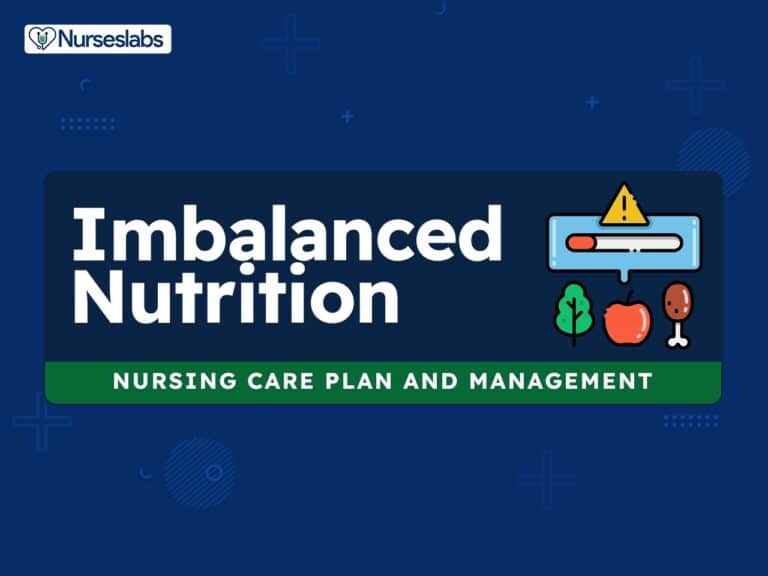

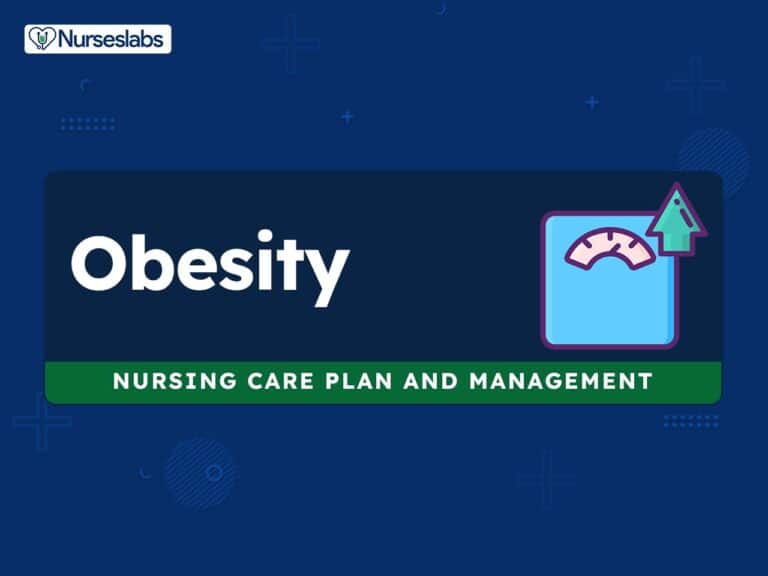

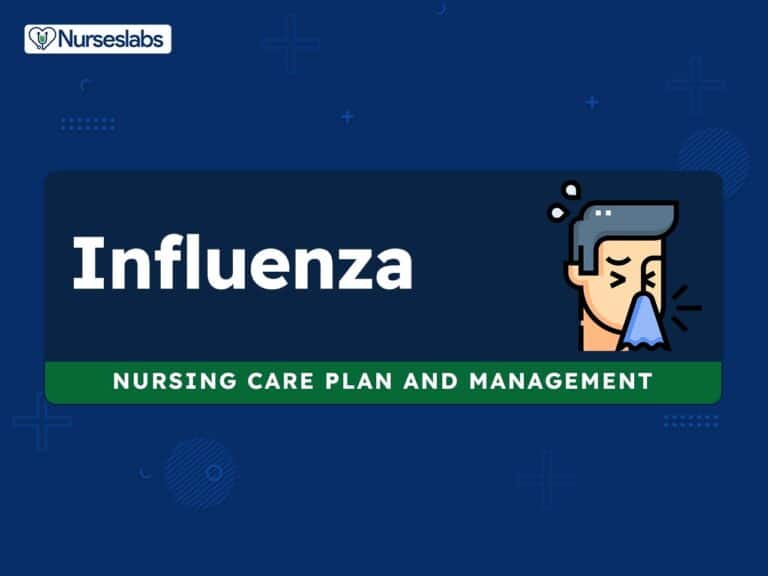
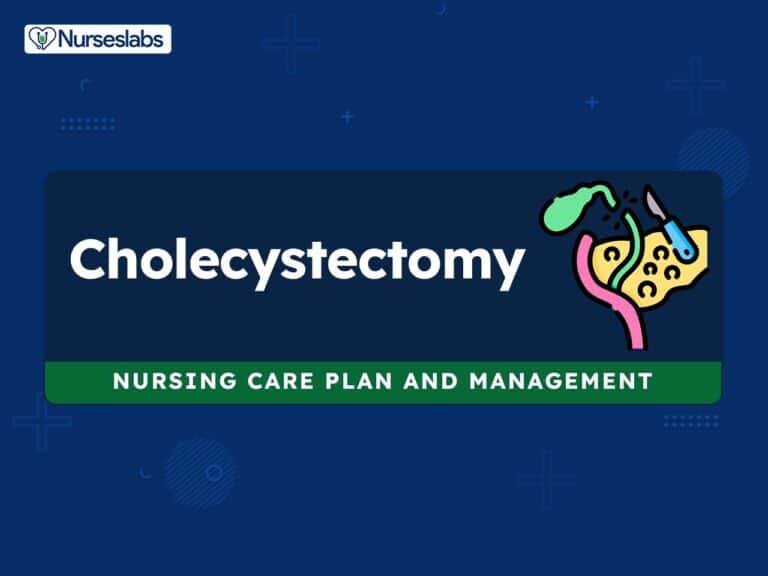
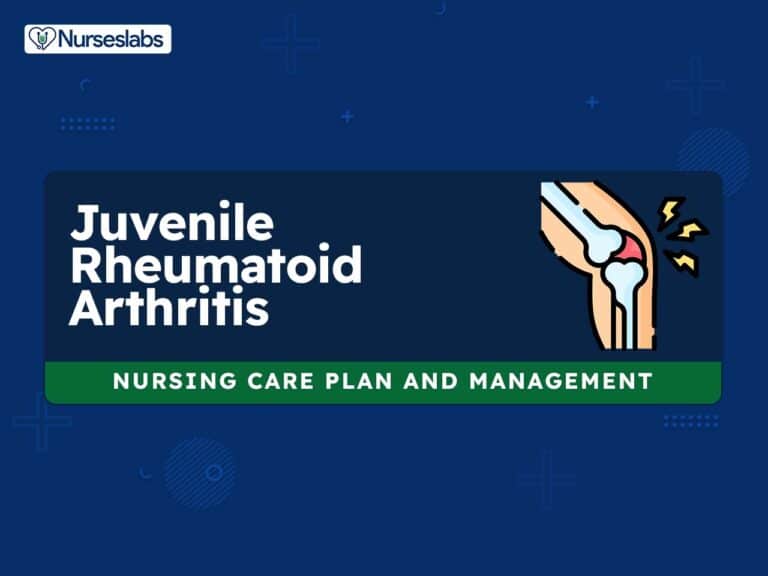
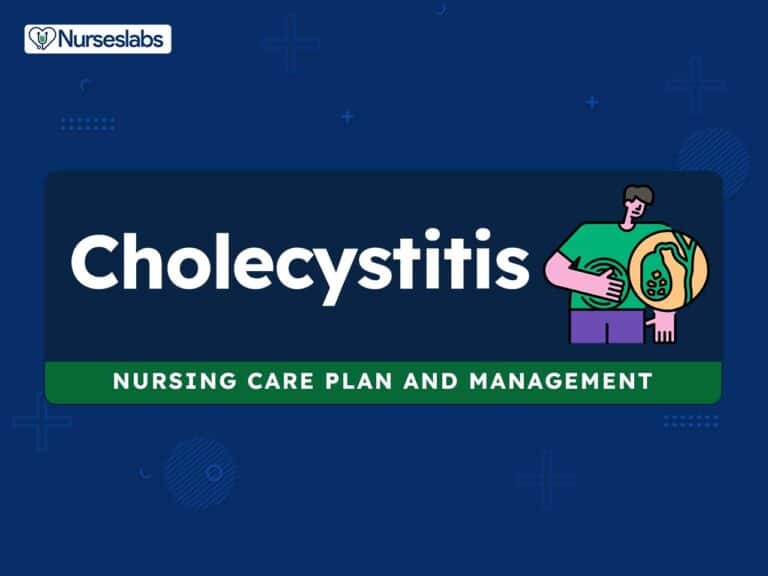
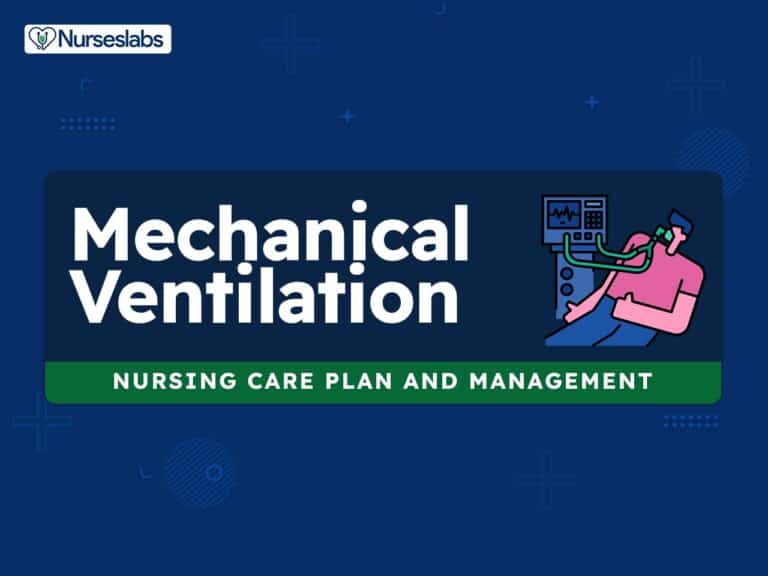

Leave a Comment